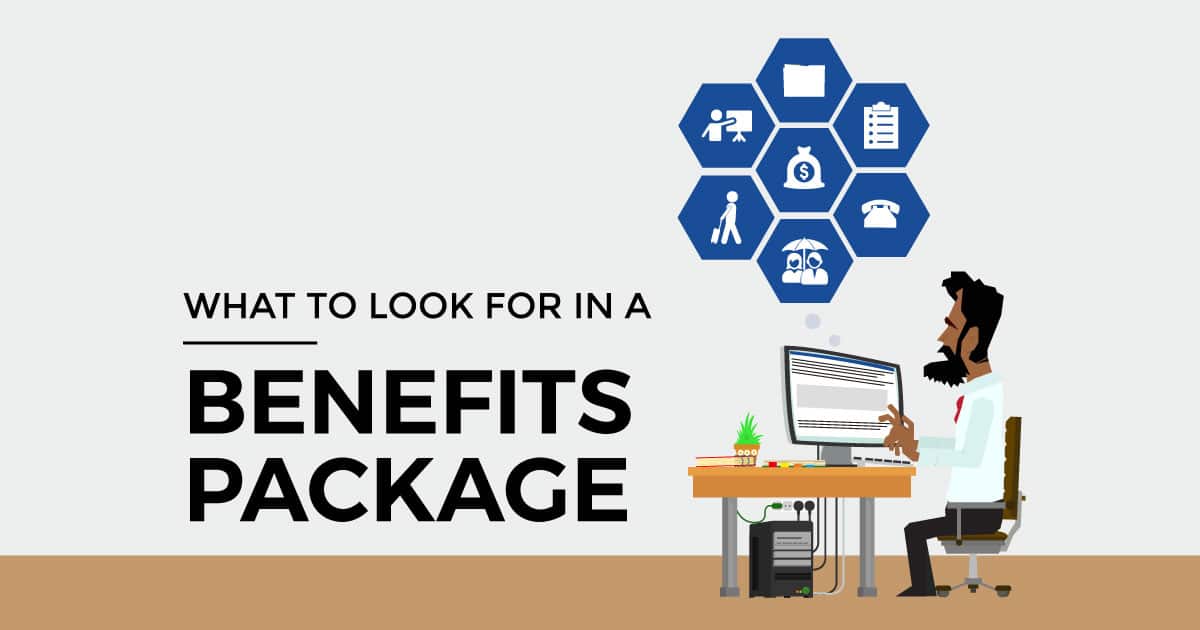
The type of benefits package you will be offered by a potential employer can be determined by a range of factors like employer policy, size of the organisation and the role you’re getting hired for. While some benefits package like health insurance should be basic, most small businesses tend to offer lesser and in some cases, there are no benefits at all.
Components of your benefits package can make the difference between your decision to accept or reject the offer. We will examine some of the top benefits packages you should look out for while negotiating an offer from an employer.
Health Insurance
Health insurance is a preferred benefits package for many employees. It is an insurance policy that covers the benefactor’s medical expenses or treatments for a stipulated fee. Health Insurance policies help you avoid huge medical bills. Some Health Insurance policies cover the entire medical bills of the service you are entitled to as an employee. In some other cases, a certain percentage is taken off your monthly salary to share off-setting the bills with the employer.
Some employers extend this benefit to members of your family when you are a beneficiary. It’s important to look out for what each health insurance package is offering; who covers the bills for the policy, what types of medical expenses each policy covers as well as the specific number of family members that are permitted to benefit under each package. A well-rounded health insurance policy can make a job offer juicier.
Training Incentive Allowance
Relevant trainings are beneficial to your self-development and performance on the job. For some employers, their training incentive allowance gives you access to all-expense paid online training certifications and/or travelling for professional courses and summits.
Paid Leave
The number of leave days offered to you is dependent on labour laws, employers policy and the industry. Paid leave benefits package ensures employees are entitled to remuneration for the number of leave days and in most cases, sick leave and maternity days are also covered.
Find out the benefits that come with leave days. For your annual leave, how many days are you entitled to? How long do you have to work with a company before you are allowed to go on leave? Some employers insist on a 12-month timeframe before you are permitted to go on leave. The 12-month period starts from your date of employment. Some other organisations limit the time frame to 6 months.
Travel Benefits Package
A travel benefits package is usually used by employers to attract top talent. It offers employees an opportunity to travel, network and grow their careers.
Life Insurance
This is an insurance policy (or assurance) with a benefits package that pays a sum of money to a beneficiary due to the premature death of the insured person. Some employees face high risks due to the dangerous nature of their jobs, hence the need for it.
There are different types of life insurance policies based on the degree of risks involved. It’s advised you speak to an insurance policy broker if your job calls for this type of benefits package. It would help you learn if the cover being offered is commensurate.
In conclusion, there are different perks offered by employers. We have looked at some of the benefits you should look out for. Some employers will offer them as stand-alone benefits or add-ons to other perks. What is most important is that you’re aware and understand the details involved in the benefits package you’re being offered by the potential employer.





